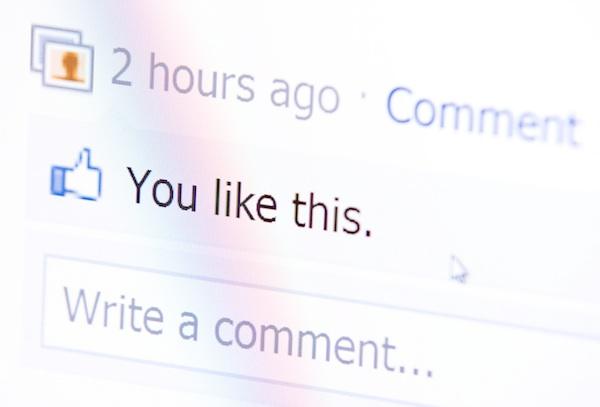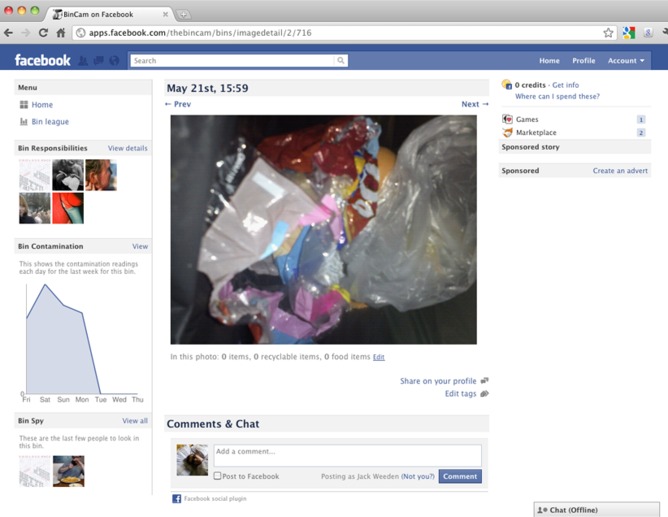Top 10 Golden Rules of Facebook
Important rules to keep

Researchers at Arizona State University used focus groups and undergraduate student surveys to come up with a top 10 list of the most important rules for keeping your Facebook friends — and for ensuring that missteps on the social networking site don't make you enemies in real life. The study was published on line in April of 2012 in the Journal of Social and Personal Relationships.
Rules may differ for older users, but college students listed their dos and don'ts as follows:
Expect a response

Users most strongly agreed that reciprocity matters. If someone posts on your Facebook wall, you're expected to respond.
No disrespect

Posting disrepectful content about a Facebook friend is considered bad form.
Think before you post

It's important to consider the negative impact a post could have on a friend before making the post.
Don't repost

If a friend deletes a wall post or tag that you made, it's considered impolite to repost that content.
Don't be a stranger

Facebook isn't seen as a replacement for face-to-face interaction. Real friends should be contacted through other means beside the site, users agreed.
Be honest

It's considered polite to present yourself honestly but positively to Facebook friends.
Don't be an addict

Facebooking so much that it interferes with work is a big no-no.
Protect yourself

No posting information that a friend or acquaintance could later use against you.
Think, again

Many users say they apply a "common sense" rule in their interactions with Facebook friends.
It's all about jobs

Consider how a post would look to a friend's employer or potential employer before putting it on his or her wall.
Sign up for the Live Science daily newsletter now
Get the world’s most fascinating discoveries delivered straight to your inbox.

Stephanie Pappas is a contributing writer for Live Science, covering topics ranging from geoscience to archaeology to the human brain and behavior. She was previously a senior writer for Live Science but is now a freelancer based in Denver, Colorado, and regularly contributes to Scientific American and The Monitor, the monthly magazine of the American Psychological Association. Stephanie received a bachelor's degree in psychology from the University of South Carolina and a graduate certificate in science communication from the University of California, Santa Cruz.










